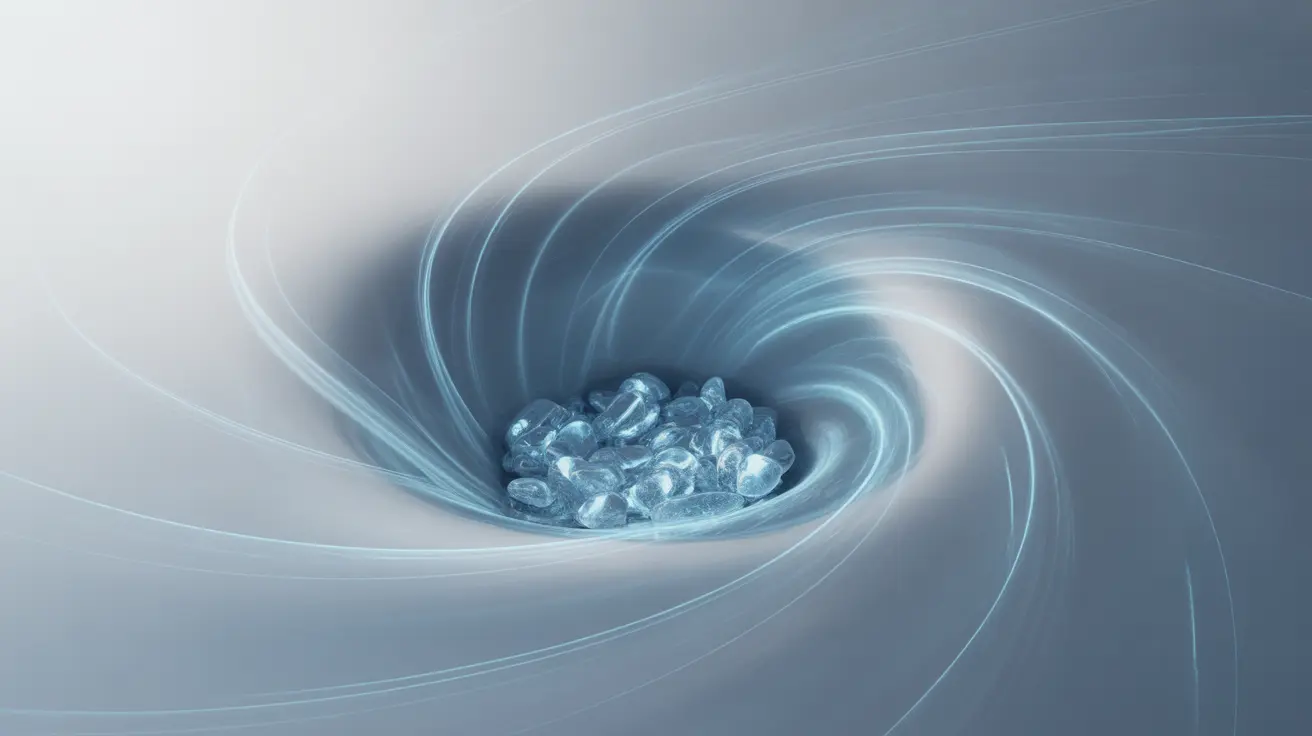Cold flashes can be an unsettling experience, causing sudden sensations of chilliness and discomfort that seem to come out of nowhere. While less commonly discussed than their counterpart, hot flashes, these episodes can significantly impact daily life and may signal underlying health conditions that deserve attention.
Understanding the causes, recognizing the symptoms, and knowing when to seek medical help are crucial steps in managing cold flashes effectively. This comprehensive guide will explore everything you need to know about this concerning symptom.
What Are Cold Flashes?
Cold flashes are sudden sensations of feeling cold that aren't necessarily related to your environment's temperature. They can occur with or without actual changes in body temperature and may be accompanied by shivering, goosebumps, and other physical symptoms.
Common Causes of Cold Flashes
Hormonal Changes and Menopause
Hormonal fluctuations, particularly during menopause, can trigger cold flashes. When estrogen levels change dramatically, the body's temperature regulation system can become disrupted, leading to both hot and cold flashes.
Anxiety and Panic Attacks
During periods of intense anxiety or panic attacks, the body's stress response can trigger various physical symptoms, including cold flashes. This occurs due to changes in blood flow and the release of stress hormones.
Medical Conditions
Several medical conditions can cause cold flashes, including:
- Thyroid disorders
- Hypoglycemia (low blood sugar)
- Anemia
- Circulation problems
- Autonomic nervous system disorders
Identifying Cold Flash Symptoms
Common symptoms that may accompany cold flashes include:
- Sudden feeling of coldness
- Shivering or trembling
- Goosebumps
- Pale skin
- Increased heart rate
- Sweating
- Anxiety or restlessness
Managing Cold Flashes
Lifestyle Changes
Several lifestyle modifications can help manage cold flashes:
- Maintaining a consistent room temperature
- Dressing in layers
- Regular exercise to improve circulation
- Stress management techniques
- Keeping a symptom diary to identify triggers
Medical Treatments
Depending on the underlying cause, treatment options may include:
- Hormone replacement therapy for menopause-related symptoms
- Medications for anxiety or panic disorders
- Treatment for underlying medical conditions
- Supplements or medications to address nutritional deficiencies
When to Seek Medical Help
Consider consulting a healthcare provider if you experience:
- Frequent or severe cold flashes
- Cold flashes accompanied by chest pain or difficulty breathing
- Episodes that significantly impact your daily activities
- Cold flashes along with unexplained weight changes or fatigue
Frequently Asked Questions
What causes cold flashes and how are they related to menopause and hormonal changes? Cold flashes during menopause occur due to hormonal fluctuations affecting the body's temperature regulation system. When estrogen levels drop, it can disrupt the hypothalamus, the body's internal thermostat, leading to both hot and cold flashes.
Can anxiety or panic attacks trigger cold flashes, and why do they happen during these episodes? Yes, anxiety and panic attacks can trigger cold flashes. During these episodes, the body's fight-or-flight response activates, causing blood vessels to constrict and redirect blood flow to vital organs, resulting in feelings of coldness in the extremities.
What are common symptoms of cold flashes and how can I tell if they are linked to a medical condition? Common symptoms include sudden chills, shivering, goosebumps, and pale skin. If these symptoms occur frequently, are accompanied by other health issues, or impact your daily life, they may be linked to an underlying medical condition requiring professional evaluation.
How can cold flashes be managed or treated, especially during menopause or anxiety? Management strategies include dressing in layers, maintaining stable room temperatures, practicing stress reduction techniques, and potentially using hormone replacement therapy for menopause-related symptoms. For anxiety-related cold flashes, cognitive behavioral therapy and anti-anxiety medications may be helpful.
When should I see a doctor about frequent or severe cold flashes affecting my daily life? Consult a healthcare provider if cold flashes are frequent, severe, or accompanied by other concerning symptoms like chest pain, difficulty breathing, or unexplained weight changes. Also seek medical attention if cold flashes significantly disrupt your daily activities or quality of life.




